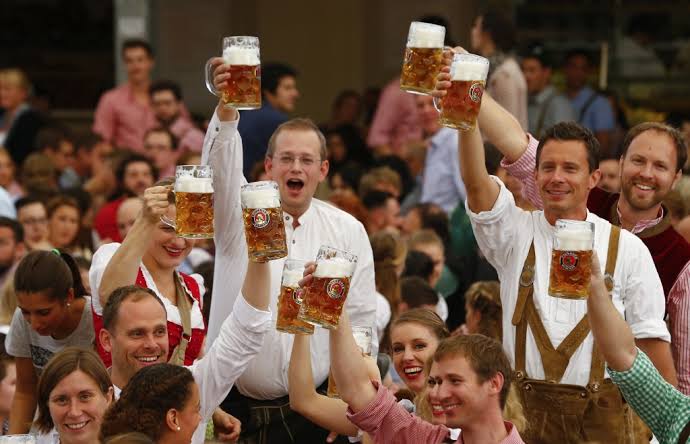Fewer German school children received medical treatment for excessive alcohol consumption in 2020, according to a study by a leading health insurer on Tuesday.
The report, conducted for DAK-Gesundheit, suggested that the number of children and adolescents who received medical treatment for alcohol abuse in hospitals or at doctors’ surgeries fell by 28 per cent during 2020 compared with 2019, before the pandemic.
The study also showed a decline in the use of tobacco, cannabis and other drugs.
In 2020, 18 per cent fewer children were treated for substance abuse.
However, the report also found that the number of adolescents diagnosed with depression had increased.
University of Bielefeld researchers examined anonymised data of about 800,000 children and adolescents up to 17 years of age who were insured with DAK health insurance.
However, they found that 8 per cent of more of the adolescents aged between 15 and 17 were newly diagnosed with depression.
Meanwhile, the girls were three times more likely to be treated for depression in their late teens than boys of the same age.
In contrast, there were almost 12 per cent fewer cases of depression in the group of 5 to 12-year-olds.
According to the report, the said age group shows significantly that more new cases of obesity, with an increase of 16 per cent were among primary school children.
Among teenagers, the number remained constant.
President of the Professional Association of Paediatricians and Adolescent Doctors, Thomas Fischbach attributed the decline in the consumption of addictive substances to family conditions during the pandemic.
However, he warned that “many parents were very preoccupied with themselves, so fewer problems with the children were noticed and therefore treated.”
